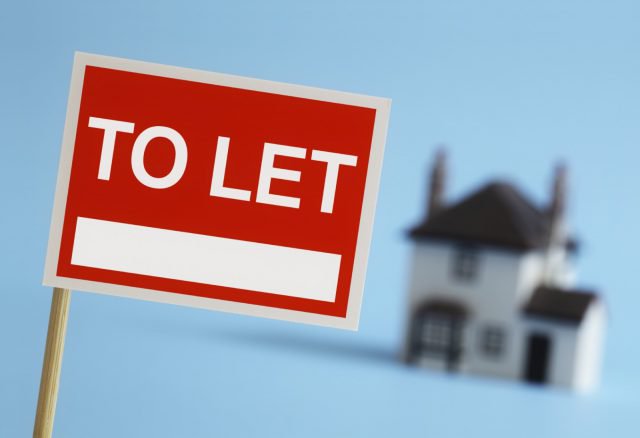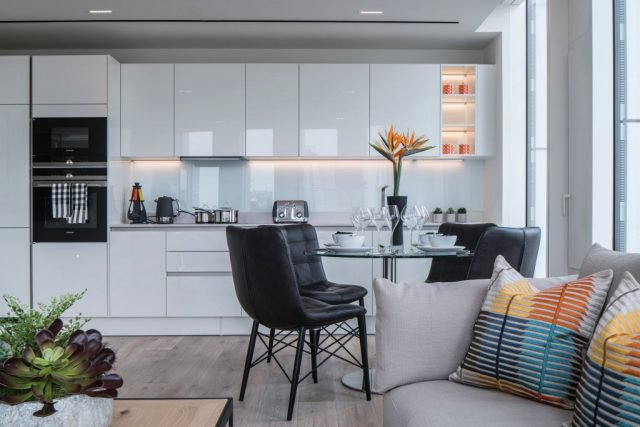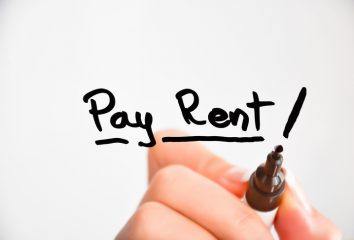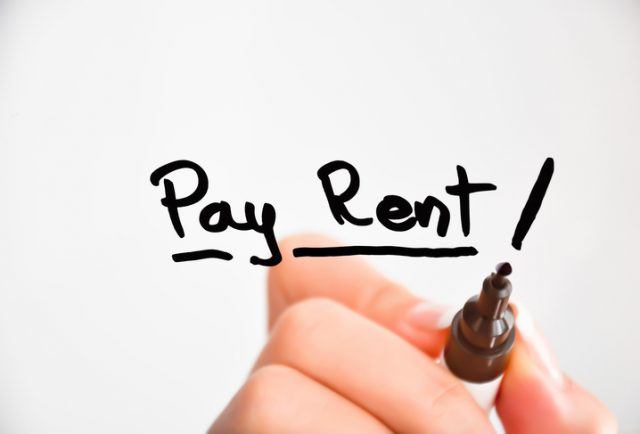Rent price growth across Great Britain was unchanged for the fourth consecutive month in July, standing at an average rate of 1.8% over the year, according to the Index of Private Housing Rental Prices (IPHRP) from the Office for National Statistics (ONS).
In England, rents rose by an average of 1.9% in the 12 months to July, while Wales saw growth of 1.3%. At the same time, prices in Scotland increased by 0.2% for tenants.
Private rent prices in London grew by an average of 1.5% over the same period – 0.3 percentage points below the Great Britain 12-month growth rate.

Rent Price Growth Unchanged for Fourth Consecutive Month
Between January 2011 and July 2017, private rents in Great Britain have soared by 15.0% – strongly driven by the historical growth in prices across London. When London is excluded, rents were up by 10.9% over this timeframe.
Growth in private rent prices paid by tenants in Great Britain has seen signs of a slowdown since the end of 2015, increasing by just 1.8% in the year to July 2017. For example, a property that was let for £500 per month in July 2016, which experienced the average rate of growth, would be let for £509 a month this year. This slowdown was mainly driven by a decline in London.
The annual rate of growth across the whole of Great Britain was unchanged on a monthly basis. Excluding London, rents were up by 2.0% in the 12 months to July – unchanged from June. The growth rate for London (1.5%) for the year is 0.3 percentage points below that of Great Britain.
The latest Royal Institution of Chartered Surveyors (RICS) Residential Market Survey found that tenant demand edged up slightly over June, but new landlord instructions continue to drop. The organisation notes the underlying picture appears consistent with rents at a headline level continuing to increase at roughly the same pace as in recent quarters.
In its Private Rented Sector Report for June, the Association of Residential Letting Agents (ARLA) said that the supply of rental stock had risen by 8% over the last 12 months.
All of the countries that constitute Great Britain have experienced growth in rent prices since 2011. Since January of that year, rents in England have increased by more than those in Wales and Scotland.
The annual rate of change for Wales (1.3%) in July continues to be below that of England (1.9%) and Great Britain as a whole (1.8%). However, this is the largest annual rate of change for Wales since February 2012, when the figure was also 1.3%. Wales has shown a broad increase in its annual rate of growth since July 2016.
Rent price growth in Scotland stood at 0.2% in the 12 months to July, having remained broadly around zero since August 2016. This weaker growth may be due to stronger supply and weaker demand in the country.
In London, rent price growth was 1.5% in the year to July – up from 1.3% in June. The RICS claims that near-term expectations are still negative in the capital, which is an ongoing trend stretching back to August last year.
Focusing on England, the greatest annual rent price growth was in the East Midlands (2.8%) – up from 2.6% in June.
This was followed by the South East (2.6%) – down from 2.8% in June – the South West (2.5%) – up from 2.4% in June – and the East of England (2.3%) – unchanged from the previous month.
The lowest annual rate of growth was in the North East (0.5%) – unchanged from June – the North West (1.4%) – down from 1.5% in June – London (1.5%) – up from 1.3% on the previous month – and Yorkshire and the Humber (1.6%) – down from 1.7% in June.
The Managing Director of Lettings at estate agent Spicerhaart, Andrew Benn, comments on the figures: “While the ONS’ IPHRP figures out today show that UK rents remain broadly static, increasing at just 1.3% per month, there are geographic differences, with tenants in the North West seeing increases of just 0.5%, while the East Midlands, South East and South West experience rises in excess of 2.5%.
“It is classic supply and demand. Contrary to popular myth, it is not landlords or letting agents that can push prices up. If no one is prepared to pay the prices, then they stay low, as clearly demonstrated by the low level of rises in the north.”
He continues: “The number of tenants looking for new properties rose last week to the highest amount since the beginning of the year – this increase in demand may well see a slight additional rise in next month’s figures, especially as the number of new properties bought by private landlords declines a little.”











